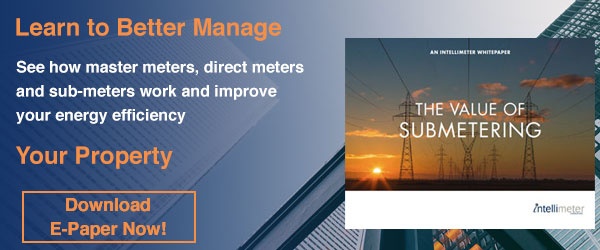Managing a large portfolio of properties is not an easy task; it is more than just resolving problems that come along on a day-to-day basis. A property manager has to be organized and proactive to grow revenue and control costs while maintaining customer satisfaction. Finding and leveraging the right tools and the right suppliers are key factors that will assist to manage the properties with ease.
Here are some tips for managers to be productive and increase revenue and value at their properties.
High Tech IS the WAY to GO
Emerging technologies are here to simplify and automate processes that provide value to property managers; These technologies assist you in streamlining the administrative aspects of operations, increasing productivity in bookkeeping, accounting, online payments, revenue management, marketing, advertising, etc.
It is extremely important to select the right high-tech. New web-based systems are enabling property managers to improve processes, and do not require a continuous or permanent internet connection like Cloud-based systems. Each one has merits, benefits, and risks, what is important is to select systems that can operate in any of them, or base the selection on what the tenants or occupants need.
Communication platforms can help to keep up with daily duties and also increase the quality of communications with tenants. Property management platforms can provide tenants with accessible and efficient portals for online payments, amenity reservations, service requests, key management, and more.
When it comes to communications with your stakeholders, informing tenants and unit owners of their individual consumption of water and energy provides multiple added benefits, to the unit occupant to realize ways to reduce their consumption and to the property on the perceived market value.
Invest in CoNSERVATION upgrades
Energy and water-efficient rental properties have a higher perceived value, command higher rents, and save costs to tenants and owners. Investing in energy-saving upgrades makes your property more attractive to prospective tenants. Retrofitting your properties to improve sustainability is a worthy investment.
A good place to start, if you own multiple buildings, is to include submeters and a submetering system that can operate stand-alone or web-based, cloud based, or tied directly to the building Automation system to deliver real-time energy consumption data.
Water costs continue to increase, as our planet faces draught, water efficiency and optimization programs are important and relevant, in addition to adding accurate water meters, in particular those that have high accuracy at low volumes to capture small water leaks, you may also think about leak detection systems, that can tie to a remote controlled shut-off valve.
With Global warming at our door protecting the roof can reduce your cooling energy consumption. Installing a green roof provides shade and insulation to the roof, from the hot and cold and beautifies your property.
Simple low-cost changes can also easily help save energy and boost rental appeals, such as using efficient light bulbs, investing in programmable thermostats, and sealing around doors and windows. If a hotter climate is a problem in your area, you can help tenants reduce their cooling consumption by installing ceiling fans and providing shade for window A/C units. If your properties include single- or multi-family homes with a yard, adding up on landscaping may help by providing cooling shade and insulation against heat loss.
Conduct Consumption Audit Regularly
Regular energy audits allow you to stay on top of your properties’ energy needs. A simple preliminary energy audit includes a walk-through investigation with basic diagnostic instruments. A detailed energy audit monitors and analyzes energy usage to identify problem areas and implement energy-saving strategies.
With energy assessments, you can avoid costly and emergency repairs by identifying the need for maintenance or upgrades sooner. Detailed energy audits reveal unusual spikes that may indicate a malfunctioning or inefficient system. Regular energy audits are particularly important for older rental properties, which may have air leaks that cause HVAC systems to work harder than they should to maintain consistent indoor temperatures.
Managing multiple properties has its challenges. With the right tools and support, it is possible to manage them with ease.


